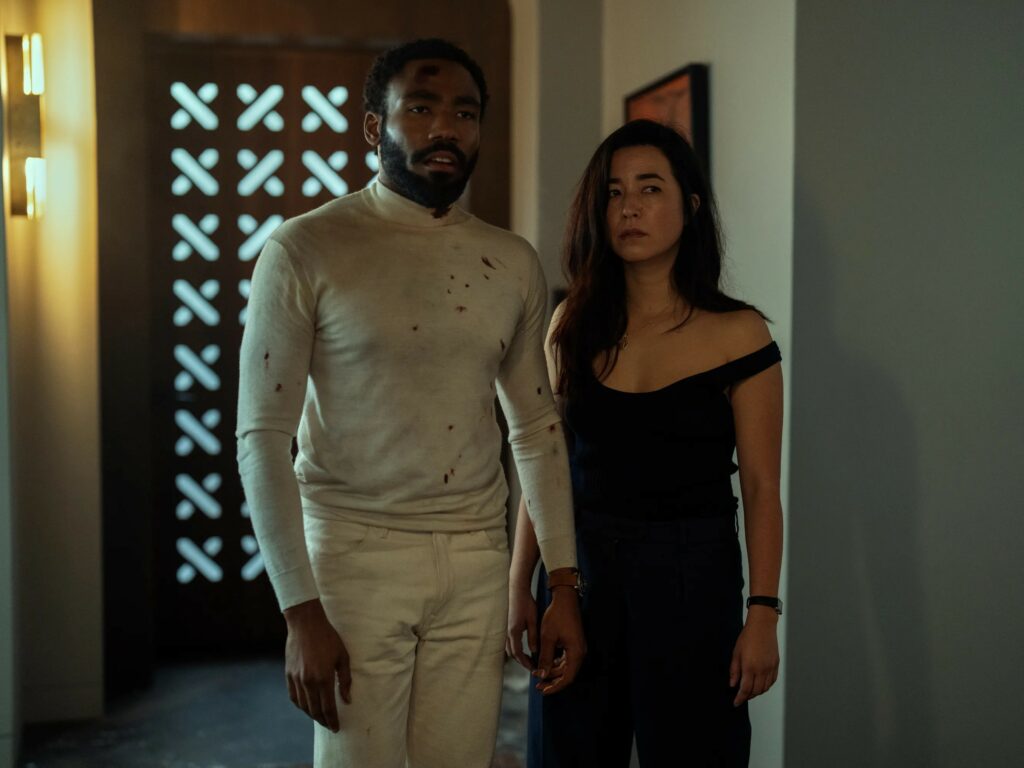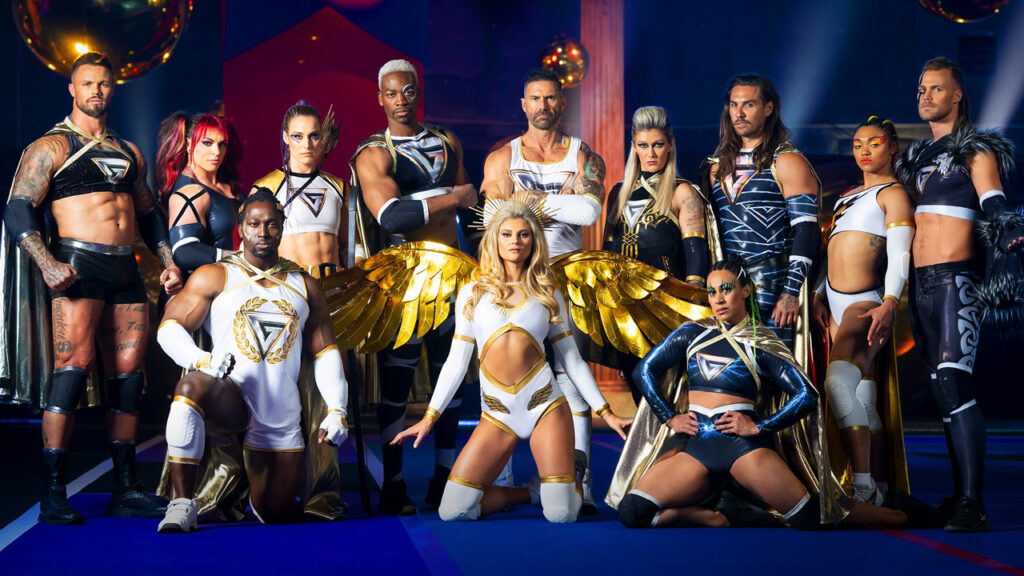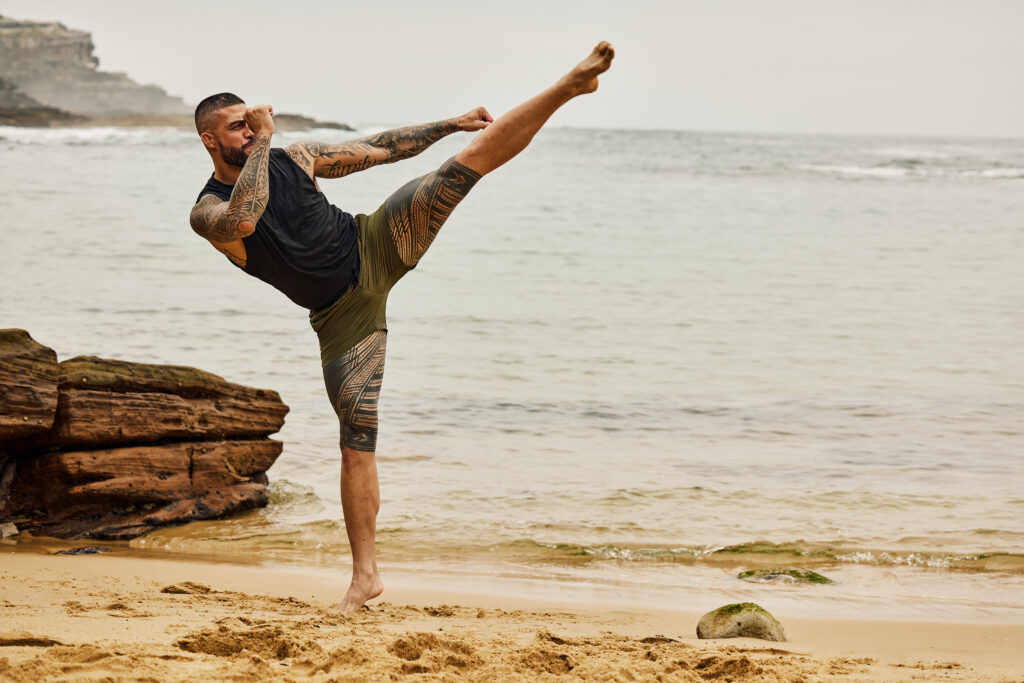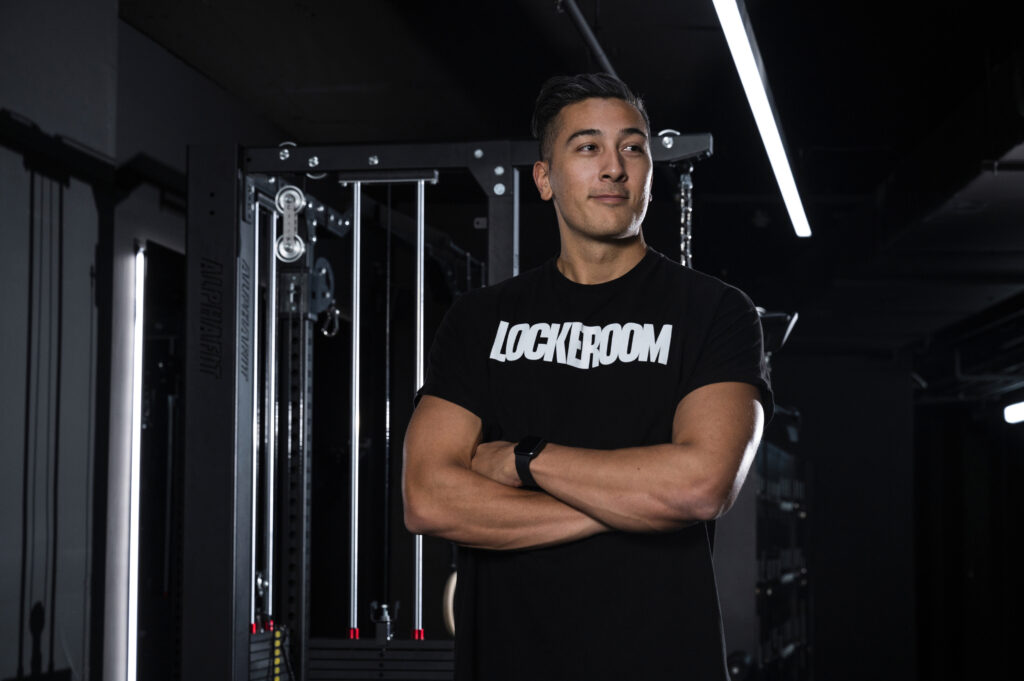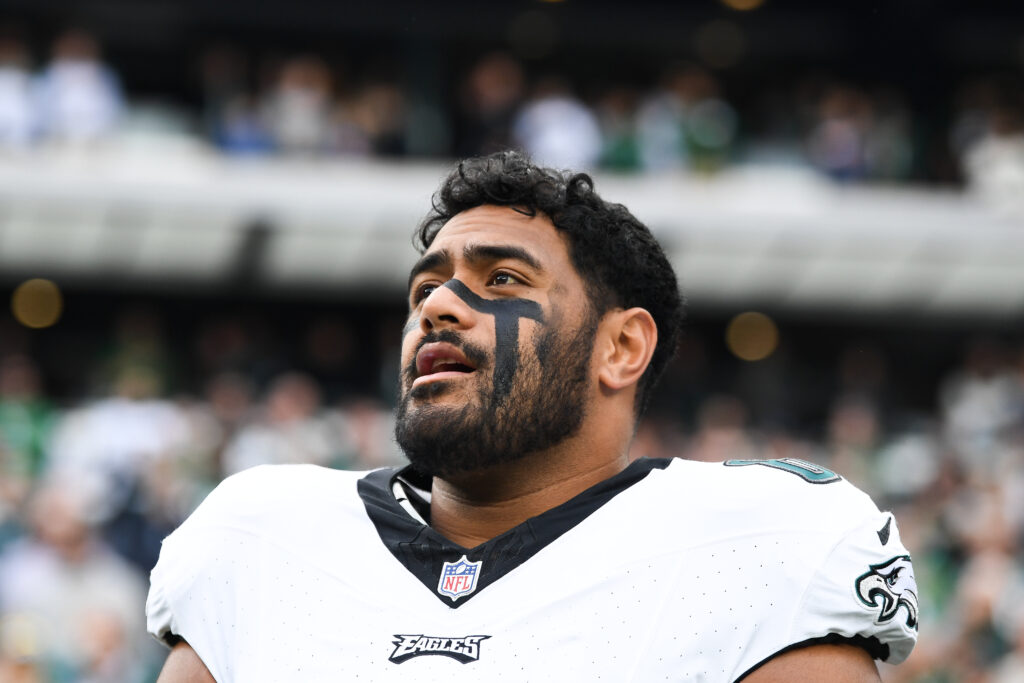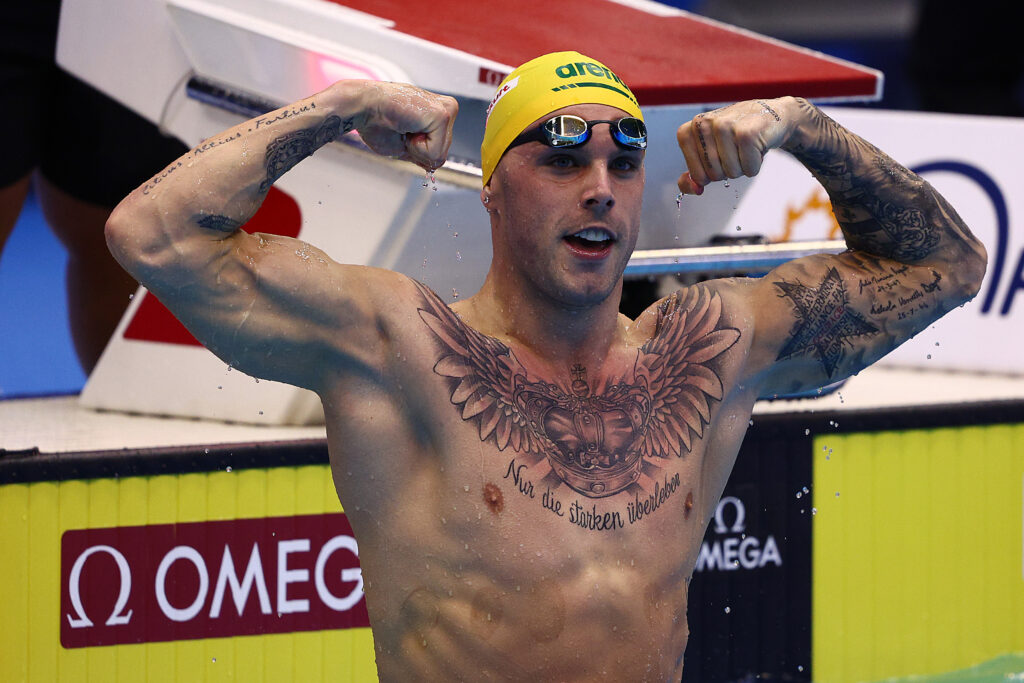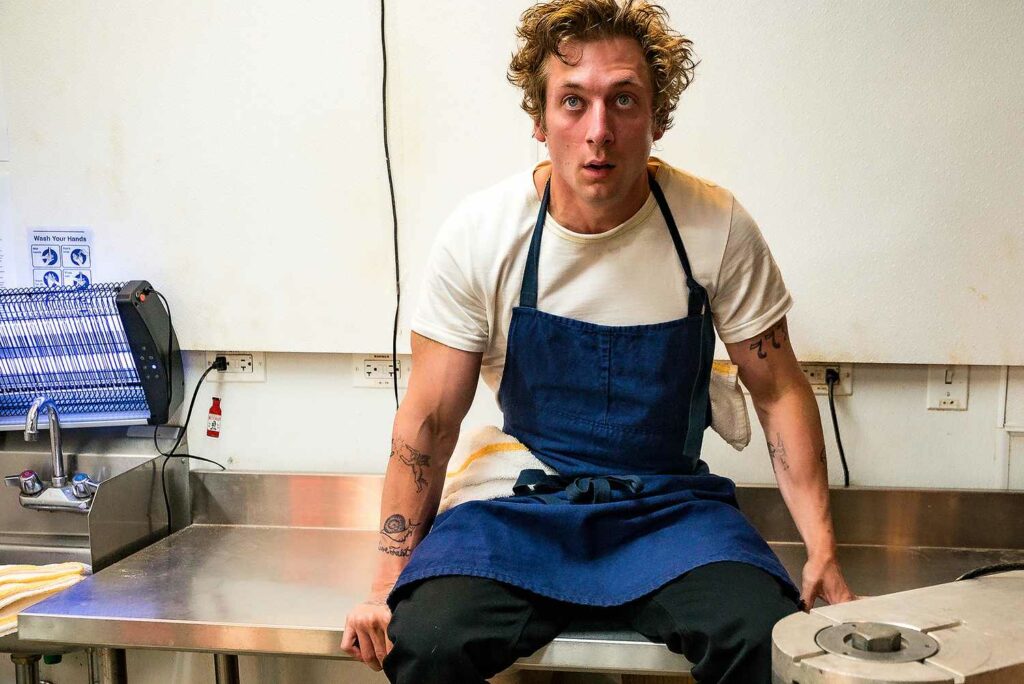A THEORY: back in high school, you wouldn’t have wanted to compete with a teenaged Pete Murray for the same girl’s affections. Imagine your rival. Decent-looking kid. A footy player, also smart and good with words. Friendly manner. In touch with his feelings. Solid values. And the finisher? The quality that threatened to put you firmly in the shade? He was musical, equipped with a husky whisper of a singing voice he could casually roll out late on a Saturday night when everyone was happy and uninhibited, and possibility hung in the air.
In fact, it would be several years after he finished high school that Murray first strummed a guitar or thought about writing his own songs. But the force that would later hit the local music scene like a summer storm was taking shape.
It’s been 20 years since Pete Murray released Feeler, an acoustic pop album that slow-burned its way to No. 1 on the Australian charts and stayed in the Top 100 for two-and-a-half years. Feeler’s melancholic ballads, in particular ‘So Beautiful’, drove much of that success, though just as integral was Murray’s laidback, faintly retro persona. While it’s widely assumed that Feeler was his debut album, it was actually his second: two years earlier, in 2001, he released The Game, a self-funded project that convinced Sony Music to take a punt on this dreamer from Chinchilla in rural Queensland.
Murray arrived as a grown-up fellow traveller who’d known love and loss, his voice conveying arresting tinges of disillusionment. With Murray, there were no flashy clothes or theatrics; he was an everyman in jeans and T-shirt singing from the heart but also the more reflective regions of his brain. While Feeler altered the course of Murray’s life, it was only the beginning. He’s since released six more albums (three of which reached No. 1 in Australia) and garnered 17 ARIA nominations. He’s also one of a select group of local artists who’s amassed more than a million album sales.
It’s a truism that every successful musician takes the same four-stage trip – the struggle, the stratospheric rise, the crash, the renaissance. To this rule, Murray is no exception. Now 53, he’s ridden life’s rollercoaster like the rest of us, but speaking with him, you sense he’s rarely been more content than he is now within his renaissance phase, which entails the announcement this month of a best-of album and a hectic 2023 tour schedule taking in five countries, including Australia from coast to coast (petemurray.com).
A twice-married father of four ensconced in Byron Bay, Murray will throw himself into the whirlwind in what he reckons is the best shape of his life, having teamed up last year with renowned rapid-transformation duo Chief Brabon and Emilie Brabon-Hames. When a shirtless Murray glances in the mirror these days, he sees six-pack abs – a sight that takes him back to his high-school years, that period when, even pre-fame, we’re contending he was formidable – a star in the making.
Here, in his own words, Murray retraces his path to success, revealing how it’s possible to seize opportunity, usher in better days, and create a life that’s so beautiful.

“Yep, 20 years since Feeler came out. It’s a long time, so I struggle when people ask me to recall one event that seems, in hindsight, like the ultimate – a time when I thought, This is incredible! To find that moment, I think I’d have to go back to the start, because you only experience that once.
I’d go back to this one gig at Bar Broadway in Sydney. That’s when I first thought, Wow, this might work.
Feeler had come out, and we’d had Triple J airplay and crossed over to commercial. I turned up for this gig and there was a line of people snaking all the way around the hotel and down the street. The thing is, I was initially a bit disappointed because I thought, Oh, right, someone else is playing close by and this crowd is for them – so there’ll be no one here for me. What a shame.
But as I made my way inside, I realised the line-up was for me. Preparing to go on, I told the band, ‘Look, I’m going to play a couple of acoustic songs first – just test the waters’. I remember playing ‘10 Ft Tall’, which is the last song on Feeler. I didn’t think anybody would know it – it wasn’t a single. But I sang the first couple of lines, and it felt like everyone was singing along, word for word. The band were looking through the curtains going, ‘What is going on?’ And that was the whole night – this rowdy crowd singing along to every song. It was a taste of what was to come for a few years, selling out everywhere and thousands of people being turned away.
“You’ll be told you’re not good enough and what You’re doing will never work. Just keep going”
My agent back then – who’s my manager now – Dylan Liddy, we started out together, so we were green and asking ourselves, ‘What is happening?’ We’d been thrown into the deep end and had to learn how to swim. We kept adding more and more shows to meet the demand, to the point where I lost my voice and needed to take a break. When I came back, I started doing fewer shows in larger venues.
It would have looked from the outside as though everything happened in a flash, but it didn’t, of course. I got into music quite late. I was 22 when I first picked up a guitar and started to muck around on it. I was overseas with a mate – it was Angus McDonald [who in 2001 would co-form Sneaky Sound System]. We were travelling around together and one night, with the people we were living with – 19 Aussies in a two-bedroom flat! – he had his guitar out and was playing some original songs. I was playing some covers and one of the girls and I had this exchange:
‘Play one of your songs,’ she said to me.
‘I don’t write songs.’
‘Why not?’
‘I don’t know.’
‘Well, you should.’
And that’s how it started. After that, I gave song-writing a crack.
The struggle from there is making your own music and making people care. The truth is no one really cares about you. No one wants to know anything about you. So, it’s difficult when people are saying no to you all the time.
For a while back then I managed a band because I thought that’s where I might head. I went along to this management seminar and a lady called Rose, who was with QMusic, came out and said, ‘There are three things you need to be successful in the music industry’. I had the pen and paper out, ready to write these three things down. And she said, ‘Persistence. Persistence. Persistence’. I’ve never forgotten it. I thought, Okay – that’s what it is. And that’s what I’ve stuck to ever since. Don’t give up. Keep going. You will be told what you’ve done isn’t good enough. You’ll be told that you’re not good enough and that what you’re doing is never going to work. You’ll hear, ‘We
don’t want to know about you’. People don’t get back to you. It took forever trying to get gigs when I first started in Brisbane and when I moved to Melbourne. You’ve just got to keep going.
I was about 30 by the time I did Feeler – kind of old, but I think my age made my story a little more interesting because there was a sense that this guy had lived a little and knew something. And maybe I gave confidence to other people in their 30s. Maybe I encouraged them to keep having a go. I’ve never thought of age as a problem for me or for anyone else. It doesn’t matter how old you are. If you’re writing good songs, or producing good work in whatever field, then you’ll have success.

Quest for quality
If you want to talk about inspiration, the records I loved were by people like Nick Drake, Neil Young, Bob Dylan. They made music that was built to last, stuff you could pull out 30 years later and still hear the feeling in it. It didn’t date.
Feeler’s lyrics connected with people – and I’ve always tried to do that. I’m not a fan of throwaway lyrics. They’ve got to mean something to someone, and when they do, people will connect with the song. If you write something that’s interesting, it will resonate with people. It can stay with them forever because it takes them back to a certain time of their lives. I got emails from people in the early days asking, ‘How do you know so much about relationships?’ But you don’t have to have lived every experience you write about. It can be someone you know who’s gone through something.
On the other hand, people can also overanalyse your songs and make assumptions about them that are off beam. Take ‘So Beautiful’.
People think that’s written about a female. It’s not. It’s written about a group of pretentious people that I bumped into one night, and the song is about my reaction to them and how I’d feel about being with someone like that. It’s certainly not a love song, but people were playing it at their weddings, so, you know… music is personal. It was also described as the best ‘fuck-you’ song of 2004 – which is closer to the mark, because although it’s written in a beautiful way, it’s having a go at someone.
You have funny experiences with people. I met this girl one time in Newcastle in the early days, and she said: ‘I first heard about your music when my boyfriend at the time bought your album [Feeler] for me and said, I want you to listen to track 3 [‘So Beautiful’] – this is what I think of you. And by the way, you’re dropped.’ That was her introduction to the song.
When the music stops
Have I been through a crash? Definitely. Probably not to the level others have – I think my fan base has been relatively solid – but in terms of radio, my first two albums had so much air play. Maybe too much. Maybe some people got sick of the sound of me. I remember writing Summer at Eureka [his third studio album with Sony] and writing songs that I didn’t really want to get commercial airplay, and they didn’t. It was nice to get away from that in one way, but back in those days [pre-streaming] radio was your source of connection with the public. And when that drops off, the connection is broken.
I had a marriage break-up and took about six years off after Blue Sky Blue [2011]. I did a few live shows but no new music because I wanted to spend more time with the boys [sons Charlie and Pedro]. That period was all about hanging with them, giving them my time, making sure they were okay. I didn’t care about creating any new music at that stage. I was happy with the way things were going and busy with them and not in a rush to come back.

Eventually, I got back into the song-writing flow and produced Camacho [2017]. I remember still having a strong audience, but things had dropped off a bit and we weren’t getting any airplay. Radio wasn’t interested in me. But that was okay, because I’ve always worked on building a career and not just trying to churn out hit songs that are here today, gone tomorrow. With Camacho, they were the best reviews I’d had since Feeler. I had a lot of fans saying, ‘This is my favourite album – I never thought I’d say I liked an album more than Feeler, but I am’.
Then we did two EPs – The Night [2021] and Before I Go [2022] – which are now combined in a limited vinyl release, The Night Before I Go, and a lot of fans are listening to that and saying ‘This is the best stuff I’ve heard. So, to me, that means you’re moving forward, you know?
You see, I’m not that new guy on the block anymore. You’re not going to have that wow factor of, ‘Whoa, who’s this?’ I’ve been around. I’m not just trying to do things for my fans. That’s never what I’ve tried to do at all. I write songs that I like, and if people choose to follow me, that’s up to them. The biggest mistake you can make as an artist is to try and keep your fans happy. So, for me, I just do what I like to do, and that’s really what it’s about.
It’s kind of nice to have the streaming world available now because you don’t feel the pressure to have songs on commercial radio. You can put anything out there these days and it’s going to find a home. That’s the beauty of music
… it’s changed. Do anything now and you just don’t know where you’re going to end up. You might be big in Poland. Or Iceland.
Maintaining things, trying to stay relevant, is an effort. Where in the past I’d jump into the studio with the band, now we’re adding different production elements into the music, different sounds that give it a bit more of a modern sound without losing what I do.
It feels to me that, on the live front, things are really coming back now. You can’t be up top all the time, so what matters is how you handle those periods when you feel like everything is falling apart and you’re never going to come back. How you handle that and what you come back with… they’re the important things.
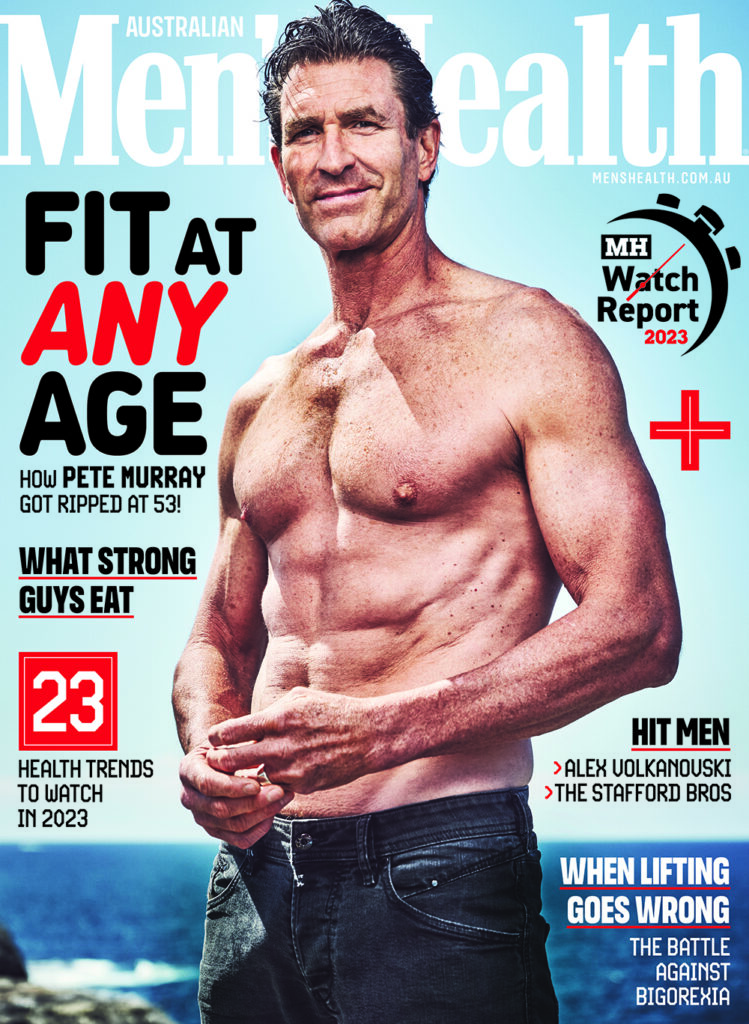
Never let the end begin
I heard some friends talking the other day about retirement. I thought, Retirement? What’s that? I’m going to keep playing music until I drop dead on stage. That’s my goal – so long as I’m old. I don’t want to drop dead anytime soon.
As far as music goes, I see myself being an old guy on stage. Okay, I’m an old guy on stage now – so just an older guy on stage who’s enjoying music, because I love playing with the band. I love playing live music. That’s the thing that excites me.
I saw B.B. King in concert not long before he died [in 2015], and he had to sit down for his gig. But wow, he was ripping it up on stage with his band and that’s what I want to be doing. Hopefully, I’ll keep a fan base, but I’m also noticing I’m building a younger following – people in their 20s are coming to shows now too and belting out the lyrics. Music sticks around for a long time if it’s a classic kind of sound. And if the lyrics are good, people will always connect to it, no matter what age they are.
When you write for yourself rather than to please others, you’re going to produce work that reflects where you’re up to in life. People hear ‘Found My Place’ [lead single from The Night] and get a sense of how I feel about family and fatherhood. Having four kids, two older boys in their teens and now [with second wife, Mira] two little girls . . . it’s beautiful. I have that relationship with the boys on a more mature level, and I’ve got these two young girls. I’m doing it all over again and I love it. It’s so nice to have little kids: they keep you young and it’s so beautiful.
If you’ve seen the video for ‘Found My Place’, it has my wife and my [elder] daughter Saachi playing on the beach. Filming it, we had the song playing in the background, and Saachi just spontaneously started dancing. I thought, Wow, this is so good. And Mira, who’s very cautious about the girls’ privacy, even she was saying, ‘That’s so good! You’ve got to put that in the video.’ As a moment it was perfect because that’s what the song’s about: you’ve got your family, you’ve found your place, and this is the best thing that could ever happen to you. Family always has to come first. It has to. I think a lot of people put their careers first and I don’t understand that. You just miss so much. You can have both but it’s family first.
Reason to believe
Having the girls is another reason to keep myself healthy and fit, because I want to be there for them for as long as I can be. When I was 18, my dad died suddenly of a heart attack. He was 47. Ever since then I’ve looked after myself. I had my heart checked a couple of years ago and it’s perfect. There’s very little chance of me having a heart attack anytime soon.
Byron Bay is a very healthy place. We eat organic food here and we eat very well. And I think eating well is the best thing you can do for your health. It really makes a difference. For me, no fast food – or very little – and I don’t drink a lot. And I train. I keep fit.
Recently, I ramped things up with rapid-transformation duo Chief and Em. An acting mate of
mine, Jimmy [James] Stewart, had trained with them before and they’d got him onto the cover of Men’s Health. And look, I’ve always had a bit of a goal to get onto Men’s Health. But it had always been a case of, How do you get on there? How do you get that fit and that ripped?
I’d never got results like these. I was amazed to get the six-pack back again”
Anyway, long story short, I was in touch with Em over a pair of training shoes, and because they arrived late, Em said she’d write me a program. I opened up to her about my Men’s Health goal and my lack of knowledge on the subject, and she said, ‘Right – let’s talk to Chief’.
Chief noted some old injuries I had from footy days but rather than encourage me to avoid exercises that aggravated them, he urged me to address those injuries. He also wanted to set a goal for me because, with a goal, things are easier. He put me on a 12-week program and said, ‘Let’s have a crack at Men’s Health’.
The training was intense and different to anything I’d done before. Most sessions incorporated their DARC protocol, which blends resistance training with high-intensity interval work. I’d do four or five of those per week, as well as take long walks.
The diet was challenging because I cut out all sugars and carbs. The first week – look, I never normally crave sweet things, but I was craving Mars Bars. I just wanted to eat a whole bunch of them because I was so hungry for sugar. A month into it, I’d shredded all this fat that had been kind of layering my body. I’d always worked hard in the gym, but I hadn’t been getting the results. Hearing that, Chief said, ‘Look, there’s a science to it. Stick to this diet and do the training, and you’re going to get the results.’
And I was excited. I’d never got results like these guys delivered, and I wasn’t even training with them. That’s the other thing – if I could have trained with them, I think I’d be in even better shape, but I was doing it remotely up here in Byron through their app and sticking as closely as I could to the program with two little kids running around me. Sometimes I’d have to train at 9pm after I’d put them to bed. Still, I was amazed to get the six-pack back again. Chief and Em are exceptional.
In that 12-week period, I lost 11 kilograms. I went from 93kg to 82, and I was thinking, Wow, I’ve never been this light before. And I actually felt a little too light, because I’d just stripped so much. Now, what I can do is, I can start putting more muscle onto that lean frame, and that’s what I’m doing. The physique they’ve helped me to get is something I don’t want to lose, and it comes down to diet and exercise.
I was born a month after Shane Warne, whose death last year was a shock. Anytime someone around your age dies, it touches you. But I’d already been put on a certain path by my dad. If he hadn’t died at 47, I wouldn’t have been as concerned as I have been about my health and my heart.
My dad always said, ‘If you get to 50, you’ll be fine’. Well, I got to 50 and now I’m 53, though I don’t feel 53. I feel like I’m in my 30s. People say to me all the time, ‘You don’t look like you’re 53’. Well, that’s the healthy food, the staying fit, as well as the surfing that I do. It’s also a matter of enjoying yourself.
I do see a lot of guys my age – you know, you have the school reunions – and you think, Wow, some of the boys have not looked after themselves. That’s not me. That’s not how I live.”









